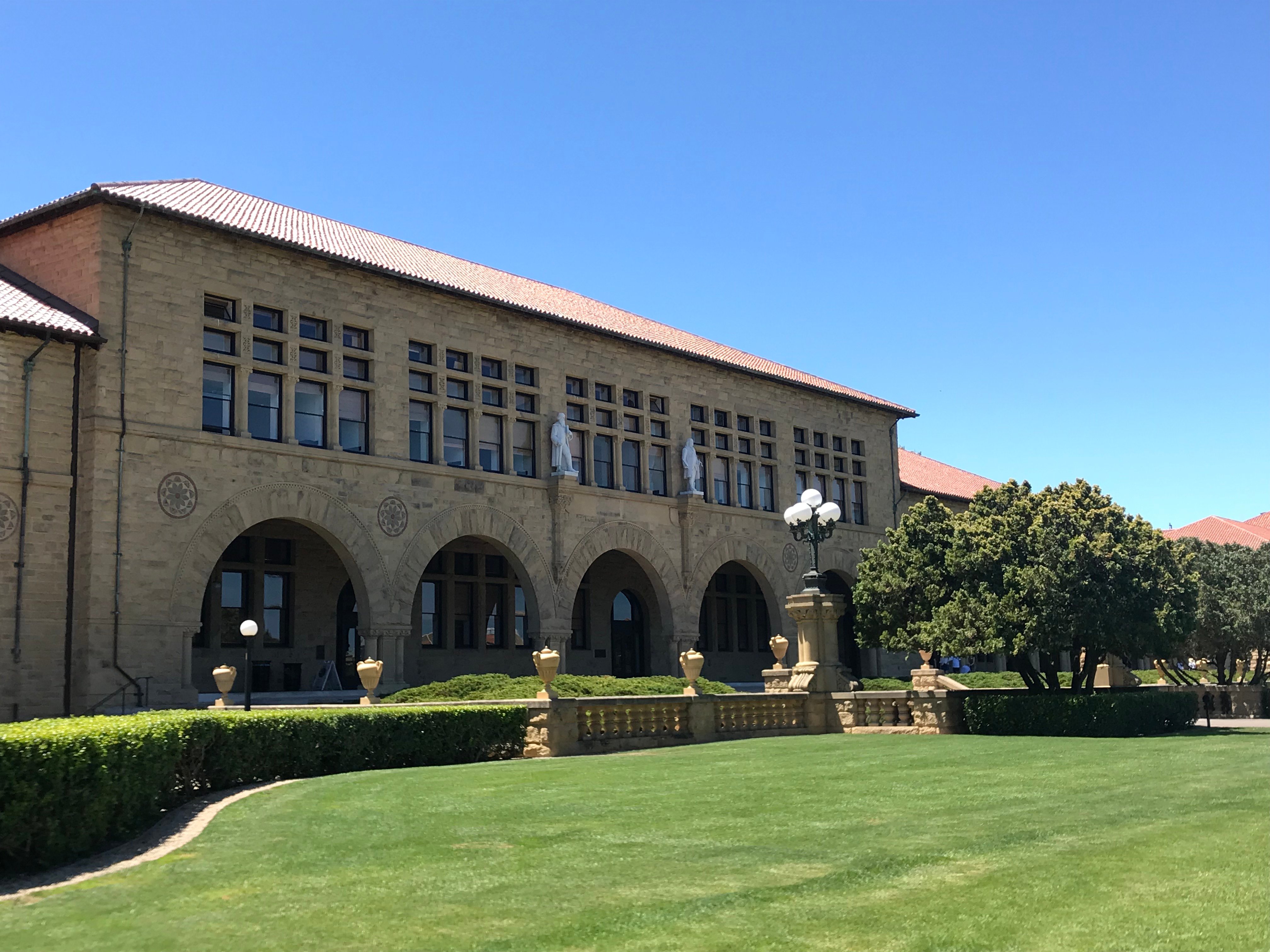In the wake of Stanford’s decision to not bring frosh and sophomores back to campus two days before the start of winter quarter, students say the University has consistently ignored students’ needs and student representatives’ voices.
Though Stanford has made some accommodations, including extending the deadline to take a Leave of Absence (LoA) to Jan. 19, students say they want to see the University also cover travel expenses and increase academic accommodations. Some also criticized the administration’s lack of communication with student representatives prior to the cancellation. The announcement came after the University repeatedly affirmed that frosh and sophomores would be on campus for the winter.
University spokesperson E.J. Miranda wrote in a statement to The Daily that the administration has “heard and respect the concerns raised by students about the timing of the decision, and will factor their feedback into [the administration’s] decision-making moving forward.” He declined to comment on all other specific criticisms raised by students.
William Shan ’22, a member of the Basic Needs Coalition, said that while he applauds the University for extending the LoA deadline, its timing raised concerns. “If it was pre-planned, I wish that it would have been announced with the initial announcement, it would have helped save a lot of concern,” he said. “If it was only in reaction to the student petition, it makes me concerned that they didn’t realize that this was going to be an issue prior.”
The decision to extend the LoA deadline followed a petition that was circulated by the Stanford Solidarity Network (SSN) a few hours after the University’s announcement. It has since been signed by over 600 students.
The Associated Students of Stanford University (ASSU) has also joined in advocating for accommodations and criticizing a lack of transparency from the administration with students. After the University’s announcement, the ASSU sent out a community survey to students, whose testimonies informed a recent op-ed penned to the administration.
ASSU President Vianna Vo ’21 said that the ASSU Executive would be meeting with the administration to “discuss [the op-ed’s] demands and actually create actionable items that can be taken towards spring quarter because this cannot happen again.”
To avoid similar situations in the future, students say the University should include student representatives in their decision-making processes. ASSU Chief of Staff Jianna So ’21 said that her “main takeaway” from responses to the ASSU survey was that the community wanted the administration to “start including student voices in decisions that impact students.”
“Students were sharing that they were feeling let down, ashamed of being a Stanford student, and feeling emotionally manipulated by this extremely late change of plans,” So said. “It showed how, again, Stanford’s decision making is not grounded in students’ or workers’ realities at all.”
Miranda declined to comment on whether the LoA deadline’s extension was pre-planned or due to student demands. He also did not address criticism, particularly from the ASSU, that students were not involved in the decision-making process.
With one of the SSN petition’s demands met, student groups are now pivoting to further advocacy efforts, including calling on Stanford to reimburse all students’ travel expenses, which Stanford declined to do on Jan. 9 in a Re-Approaching Stanford FAQ. Instead, the administration recommended that students “contact the airline to cancel the flight and get credit you can use on a future flight.”
But Noah Bartelt ’23, who worked with SSN on its petition, said even students who had booked refundable flights could be out of money: “Had the decision been made earlier, many people could’ve gotten refunds, but few airlines give full refunds less than two weeks before departure,” he said.
So also said that from the student testimonies that the ASSU received, it was clear that many were losing “hundreds of dollars” due to non-refundable expenses such as hotel and Airbnb fees, especially for those who needed their parents to help them move due to accessibility issues.
Miranda declined to comment on criticisms that the University was not reimbursing students for their travel costs. In a letter to the ASSU, the University directed students with “exceptional financial needs” to apply for the Opportunity Fund, which is meant to assist students facing “unexpected financial challenges.”
As students navigate the challenges posed by a sudden change in their plans two days before the start of the quarter, advocates are also pushing for increased academic accommodations to reduce stress and anxiety among the community. The SSN petition calls on the administration to “strongly encourage its teaching staff not to issue assignments until Week 3 of Winter Quarter.”
“Many are trying to find a place to live, including applying for special circumstances, while simultaneously taking a full course load,” Bartelt said. “Some students turned in notice to their jobs, resulting in lost income, while others had plans to leave affordable housing that they now can’t get back.”
“So many students are struggling with the disastrous fallout from this late timing that it is unreasonable to expect business as usual to continue,” he added.
Miranda declined to comment on criticisms that further academic accommodations were needed. In a letter to the ASSU, the administration wrote that instructors had been asked to “be mindful of students whose plans may need to change,” but no specific accommodations were listed.
Contact Jessica Zhu at jesszhu ‘at’ stanford.edu.
